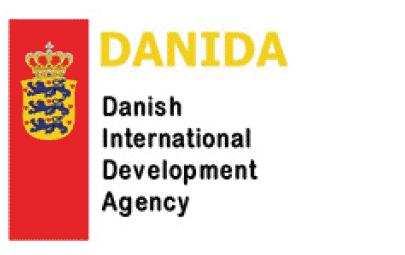Media Documentation Project
Media Documentation Project
Project Period: September 2003 to December 2005
Under this project News Network planned to develop a web-based documentation centre for media professionals and experts to develop the trainers of News Network, conduct journalists training and fellowship programme for female journalists.
Under this programme, two staff writers of News Network completed their ToT programmes which was conducted by Danish School of Journalism in Dhaka. After the training, the staffs had also successfully conducted four different journalists’ training programmes.
Civil Rights Watch Programme
Civil Rights Watch Programme
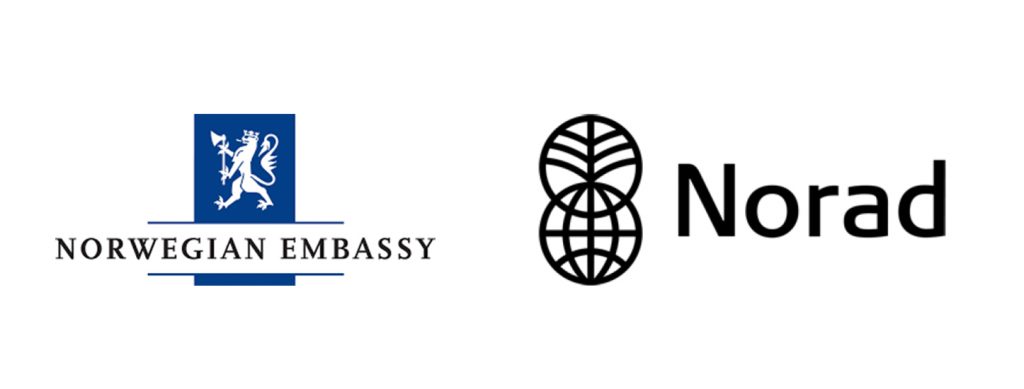 Supported by: NORAD/Norwegian Embassy, Dhaka
Supported by: NORAD/Norwegian Embassy, Dhaka
Project period: October 2002 – September 2005
Major activities of the project included i) organiing skill development programme for young journalists, ii) Fellowship for female graduates on journalism and iii) conducting short studies and iv) publishing a quarterly newsletter on civil rights issues.
Goals of the project were to encourage Bangladeshi media to play a greater role in the field of civil rights and voice against social injustice and crime.
Under this project, twelve training programmes were organided in different districts headquarters. Each programme continued for four days and about 250 young journalists were trained up. Because of the training programme they have become more professional in delivering better items for their respective media houses.
Thirty female graduates received six-month training on practical journalism which helped raise the overall number of female journalists in the country. During the training they have produced a good number of news-feature/in-depth reports, which was also released to major newspapers/magazines for publication and they published it with due credit. News Network also published two books compiling their items.
Thirty six short studies on various important issues were compiled during the project period. Copies of the studies were disseminated to ministers, public representatives, officials, missions’ chief and heads of national and international organizations. A number of reports were prepared based on studies’ information and released to newspapers for publication.
A quarterly newsletter titled, ‘Civil Rights Watch’ was published this time. Contents of the newsletter were mostly centred to democracy, human rights, press freedom, violence and injustice related issues.
Policy Advocacy Programme
Policy Advocacy Programme
 Support by: The World Bank
Support by: The World Bank
Period: July 2002 – June 2003
The project was funded by The World Bank aimed to organise four national conferences in Dhaka, the capital city of Bangladesh. The topics of conferences were; Good Governance and Accountability, Gender and Women Empowerment, Corruption and Transparency, Social Development and Role of Civil Society.
News Network successfully organized all the programmes and the media widely covered the events.
Ministers, government high officials, Ambassadors in Dhaka, the World Bank Country Director and officials, representative from different national and international organisations, representatives of foreign mission in Dhaka, economists, experts and members of the civil society attended and participated in the conferences.
Reports of the conferences were published separately and disseminated to important address and media.
The World Bank also provided support to News Network to prepare a progress report of all the then Small Grant Programme (SGP) funded projects which was completed appropriately in time.
Media Advocacy Programme
Media Advocacy Programme
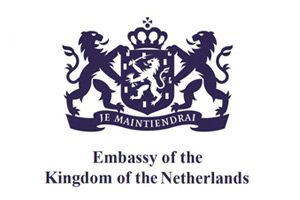 Supported by: The Netherlands embassy
Supported by: The Netherlands embassy
Period: August 2001-July 2002
Objectives of the project were to give better understanding to the journalists about gender equality and promote it through media advocacy. To achieve the goal following activities were undertaken which included holding media workshops. Under this programme, news-features on gender and women related issues were prepared and investigative reports were conducted and released to various print media for publications.
Project was completed in time. Media workshops were held in Mymensing, Sylhet and Dhaka city. Seventy two journalists participated in the programme. They were given motivation on skill development as well as gender equality and women right issues.
News Network published five in-depth/investigative reports on; i) Acid Terrorism, ii) Dowry Problem, iii) Domestic Violence, iv) Harassment and Hazard of Working Women and v) Rape. The organisation also prepared thirty news-features which were released to the print media and were published with due credit.
The investigative reports and features drew the attention of government and various organisations. In some specific cases such as acid throwing and dowry menace; necessary steps have been taken by the government to deal with the problem.
Gender Watch News Letter
Gender Watch News Letter
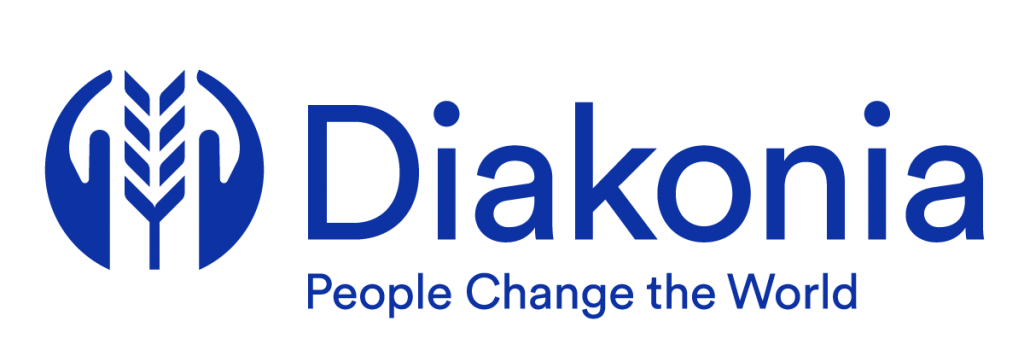 Project period: January 2000 – December 2002
Project period: January 2000 – December 2002
Supported by: DIAKONIA
DIAKONIA supported the News Network in publishing a quarterly
newsletter titled, ‘Gender Watch News Letter’ for their partners, members of civil society, human rights activists and the organizations involved in advocacy in different countries. News Network completed the project successfully. Twelve issues were published in between
January, 2000 and December, 2002. Articles of the newsletter were about gender equality issues. Many organisations used newsletter to make their beneficiaries aware about the issues.
Diakonia’s partners around the world appreciated highly of the newsletters.
Democracy and Human Rights Study Programme
Democracy and Human Rights Study Programme
 Supported by: NORAD/Norwegian Embassy
Supported by: NORAD/Norwegian Embassy
Period: May 1999 – April 2001
Goals of the project were to increase Bangladeshi media’s understanding of democratic practice and human rights issues and improve their ability to play a greater role in this field. Activities which were taken to achieve the goals include i) writing skill development and motivational programme for local journalists, ii) conducting short studies/surveys and iii) setting up a media resource cell.
The project completed successfully in time. A four-day long six workshops for journalists were organised for their writing skill development and better understanding on democracy and human rights issues. The workshops were organised in different parts of the country. About 150 journalists participated in these programmes. Senior journalists and experts conducted the training sessions. Twenty four important short studies/surveys were conducted during the project period. Some of them were; Cyclone and Life in Costal Belt, Life in Enclaves, Women in Prison, Pre-Medical Examination, Administrative Reforms, Consumers Rights, Human Trafficking etc. All the studies were released to media for public and got wide coverage. By this time, News Network managed to set up a media resource cell in its office.
Women Affairs Advocacy Programme
Women Affairs Advocacy Programme
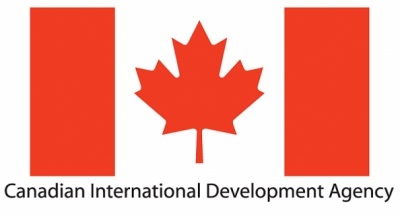 Project Period: May 1999 – December 2000
Project Period: May 1999 – December 2000
Funding Agency: CIDA
It was an innovative idea in Bangladesh to conduct a campaign to highlight different women affairs by preparing and publishing ‘Illustrated News Features’ in news media. About 60 items were prepared in both Bangali and English language. Most of the major newspapers and newsmagazines published the items with due credit. None of those items were dropped. The project activities were highly appreciated from the readers. Some development organisations have been using some of those articles, news-features as tools to develop their staff and aware their beneficiaries.
Gender Watch Programme
Gender Watch Programme
 Period: June 1998 – December 2003
Period: June 1998 – December 2003
Funded by: DIAKONIA
Aims of the project were to raise awareness level of local
journalists on gender equality and create female journalists
in the country. To achieve the goal News Network implemented
different activities like organising training workshop
in different district headquarters, writing articles and
introducing six-month fellowship programme for female
graduates on journalism. It may be mentioned that
percentage of female journalists in Bangladesh was less than 5 percent at that time. About 40 female graduates were trained. Most of these women took journalism as their profession and got jobs in important media houses. This created a huge impact in the field of journalism. During the project period about 350 journalists got better understanding and learned how to file good reports on gender issues.
Women Affairs Writer Development Programme
Women Affairs Writer Development Programme
 Period: April 1997 – June 1998
Period: April 1997 – June 1998
Funding Agency: CIDA
The prime objectives of the project were to train up a group of
journalists and give them better understanding on women rights, gender discrimination, domestic violence. They were motivated to publish more items on these issues for creating mass awareness. Achieving this, nine training workshops were organised in different parts of the country. More than two hundred journalists working in remote districts took part in the workshops. Series of items on women rights including their sufferings and effects of gender inequality were prepared and released to news media for publication. Some of them were released to international newspapers too and got good coverage particularly in South Asian media.
Development Programme for Investigative Journalism
Development Programme for Investigative Journalism
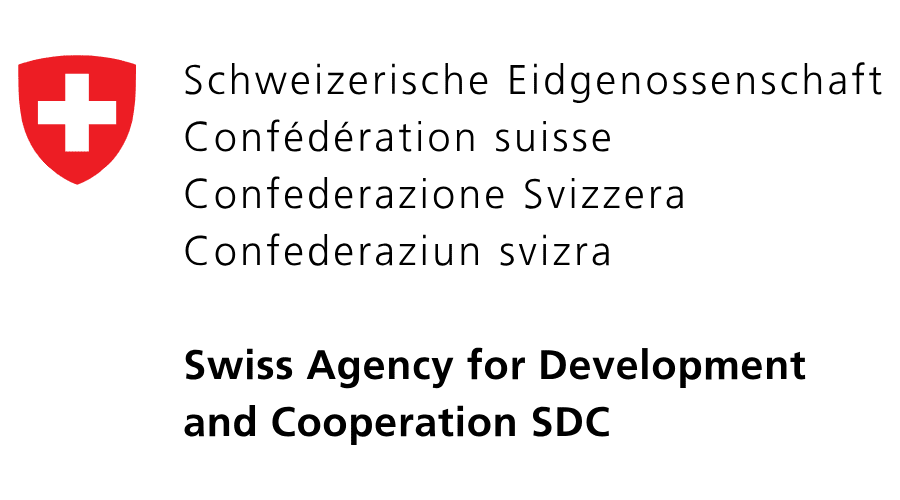 Period: March 1997 – June 1998
Period: March 1997 – June 1998
Funding agency: Swiss Agency for Development and Cooperation (SDC)
Swiss Agency for Development and Cooperation (SDC) was the second donor that came forward and assisted the News Network in continuing the project ‘Development Programme for Investigative Journalism’, which was earlier funded by The Ford Foundation. The Objective of the project remained almost the same with only a few changes made in its activities. This time News Network was able to expand its service to international media market by exchanging agreement with Women Feature Service, a New Delhi based international news-feature service. Besides writing news-features News Network started organising skill development training programme for local journalists. This project helped News Network to come in the limelight of Bangladesh media and earned appreciation for its activities.

